Vladimir Putin has ordered Russia’s military to put its deterrence forces, which include nuclear weapons, on “special alert”.
He told defence chiefs it was because of “aggressive statements” by the West, amid widespread condemnation of his invasion of Ukraine.
The announcement does not mean Russia intends to use the weapons.
The US immediately condemned his decision, calling it an “unacceptable escalation.”
Last week, Mr Putin had warned that “whoever tries to hinder us” in Ukraine would see consequences “you have never seen in your history.”
Those words were widely interpreted as signalling a threat to use nuclear weapons if the West stood in his way.
That warning became sharper on Sunday when he ordered the Russian defence minister and the chief of the military’s general staff to put the nuclear deterrent forces on a “special regime of combat duty”.
The US permanent representative to the United Nations said Mr Putin’s nuclear deterrent order showed he was escalating the Ukraine conflict in an unacceptable manner, while the White House said Russia had not been under threat from Nato at any point.
UK Defence Secretary Ben Wallace told the BBC on Monday that the heightened alert was an attempt by the Kremlin to remind the world that it had a nuclear deterrent and to distract from what was going wrong on the ground in Ukraine.
“We will not do anything to escalate in that area… but at the moment this is a battle of rhetoric that President Putin is deploying,” he said.
Mr Wallace added that Mr Putin knew that “anything involving a nuclear weapon has a greater or equal response from the West”.
The very public shift to high alert status is a way for Moscow to send a warning.
Moving to alert status likely makes it easier to launch weapons more quickly. But it does not mean there is a current intent to use them.
Russia has the largest stockpile of nuclear weapons in the world but also knows that Nato has enough to destroy Russia if they were used.
But Vladimir Putin’s aim is likely to try to deter Nato support for Ukraine by creating fears over how far he is willing to go – and creating ambiguity over what kind of support for Ukraine he would consider to be too much.
After Mr Putin’s announcement, the EU announced an unprecedented new raft of sanctions and actions against Russia, including:
- The financing of weapons for Ukraine
- A total ban on Russian planes using EU airspace
- Barring state media outlets Sputnik and Russia Today from EU territory.
- Also on Sunday, the government of Belarus said a referendum had approved constitutional changes that would allow Russian forces and nuclear weapons to be stationed in the country.
Western powers have accused Belarus of supporting and facilitating its ally’s invasion of Ukraine.
Russian troops have crossed its southern border to attack Kyiv and Ukrainian officials have said that Russia is launching ballistic missiles towards Ukraine from Belarusian territory.
US media have cited senior US officials as saying that Belarus is expected to send troops into Ukraine as soon as Monday. “It’s very clear Minsk is now an extension of the Kremlin,” one official told the Washington Post.
President Alexander Lukashenko denied last week that Belarusian troops were involved in the Russian operation, but he also said that they could take part “if necessary”.
Credit: BBC


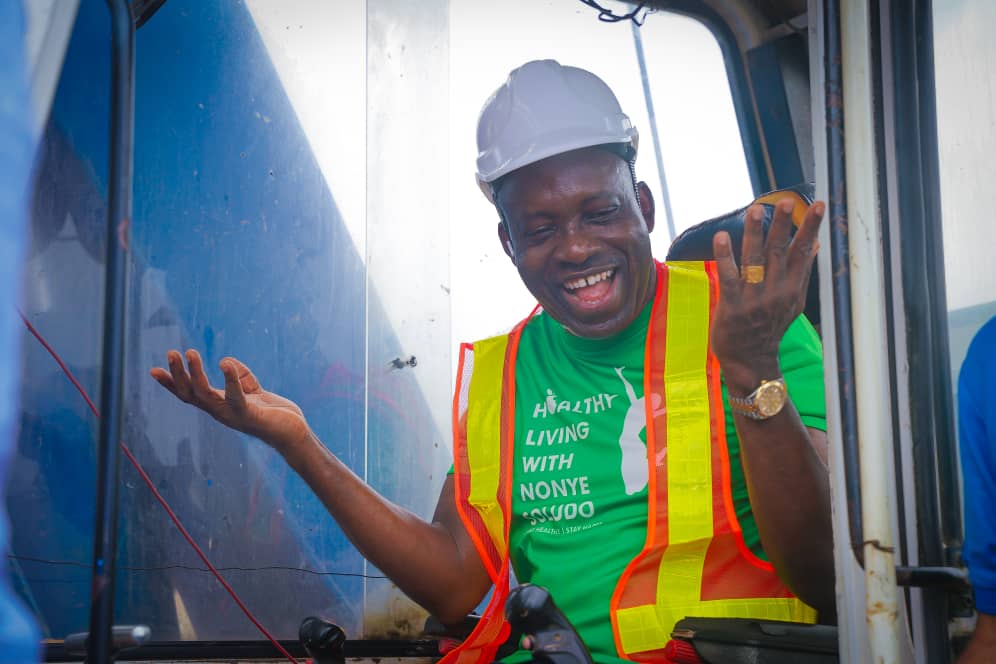
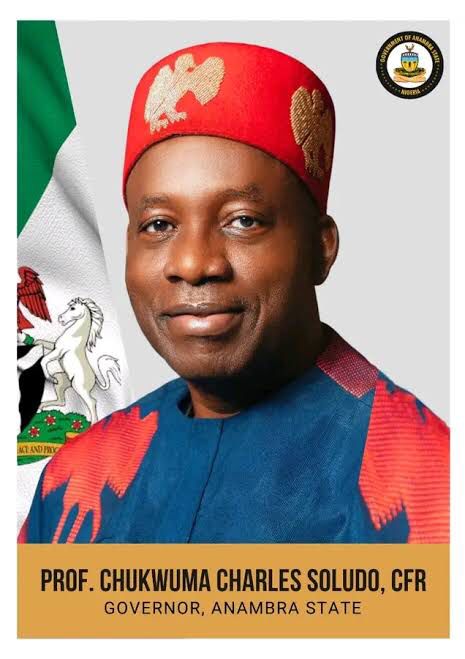


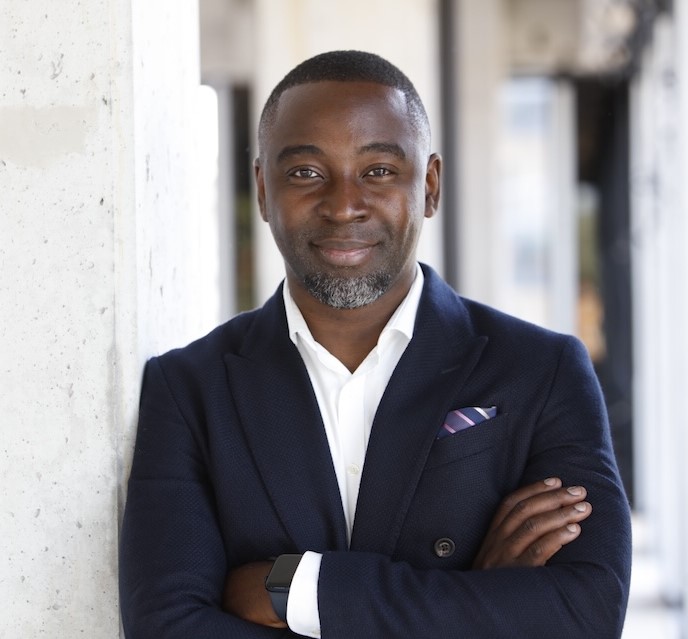
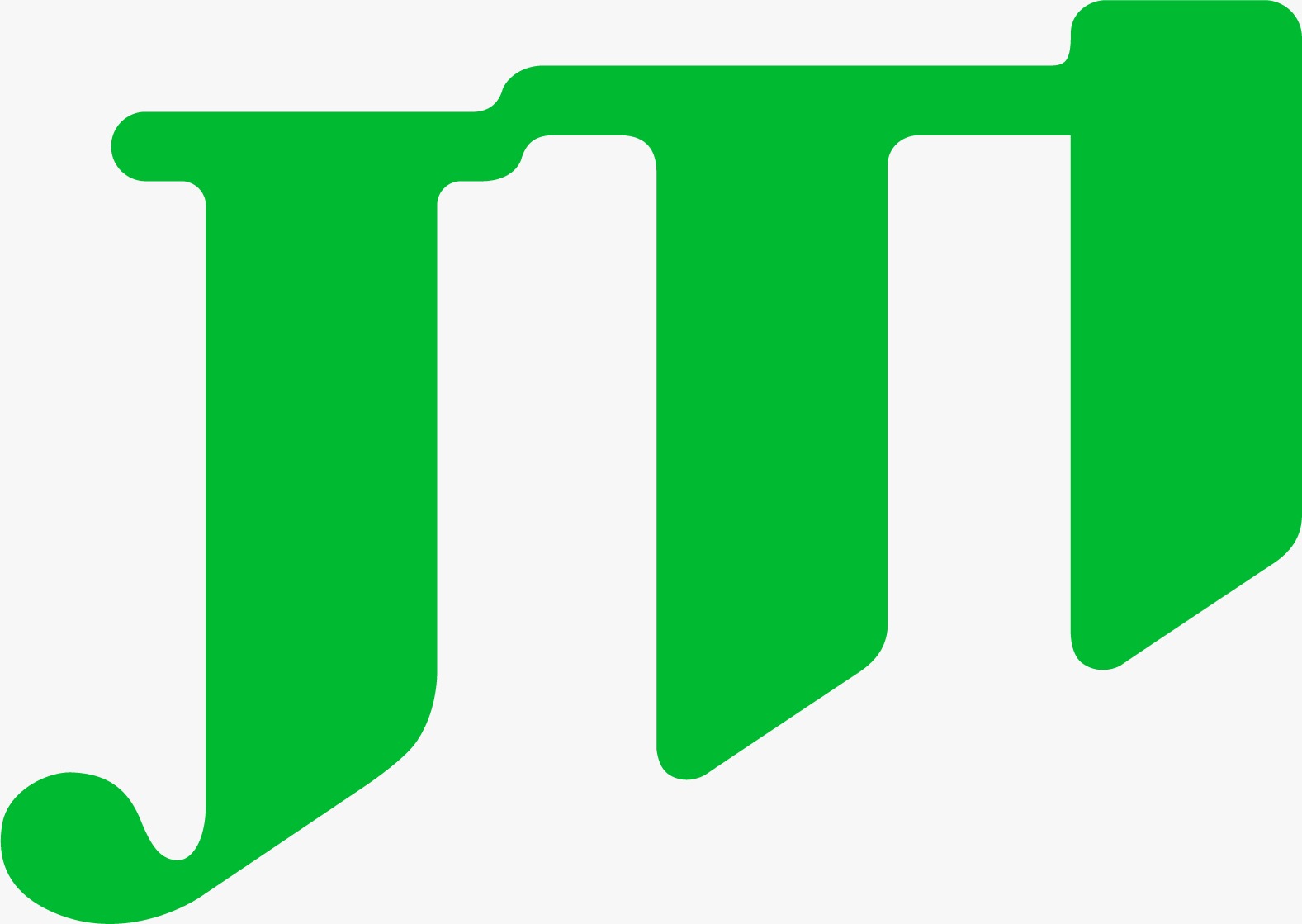
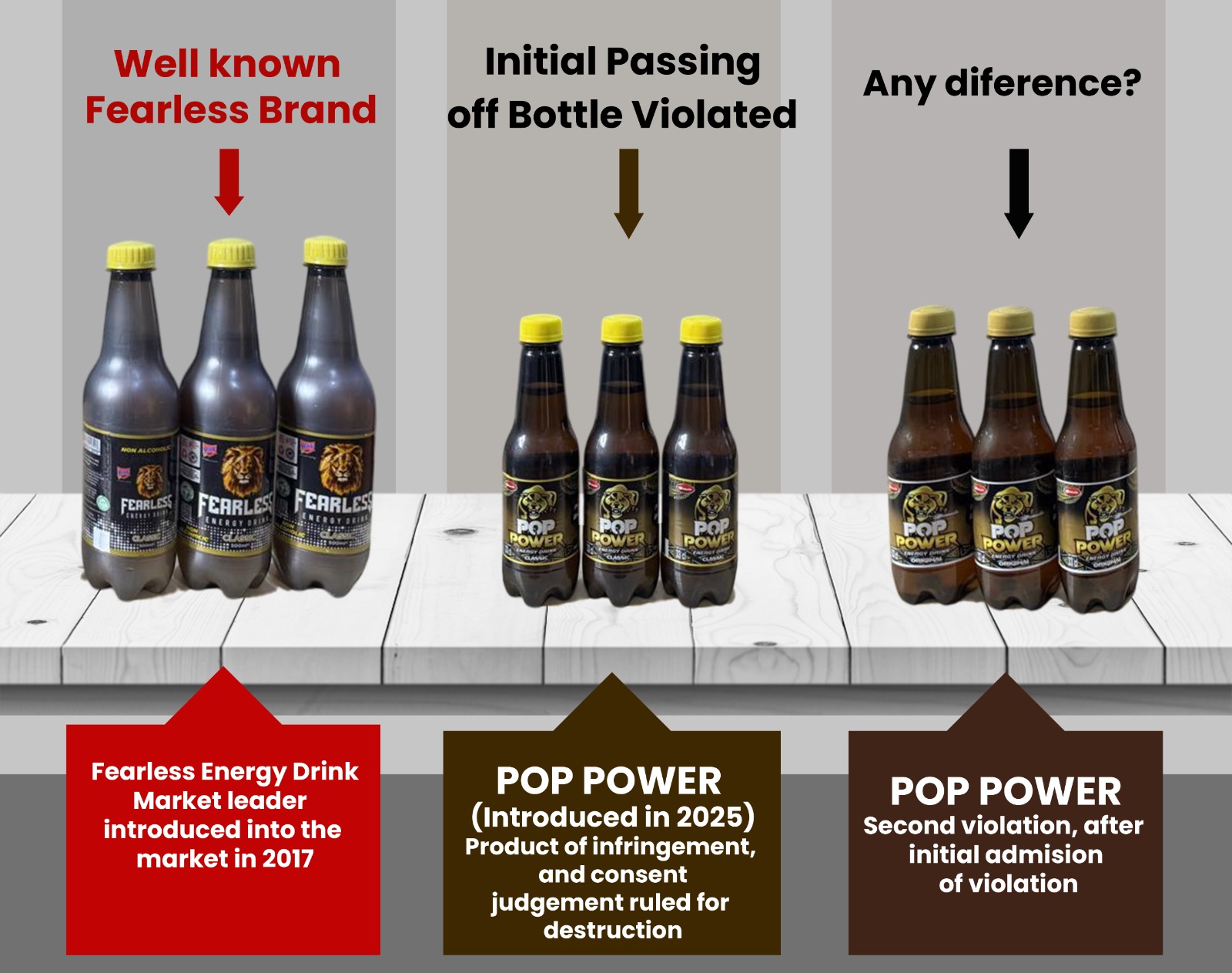




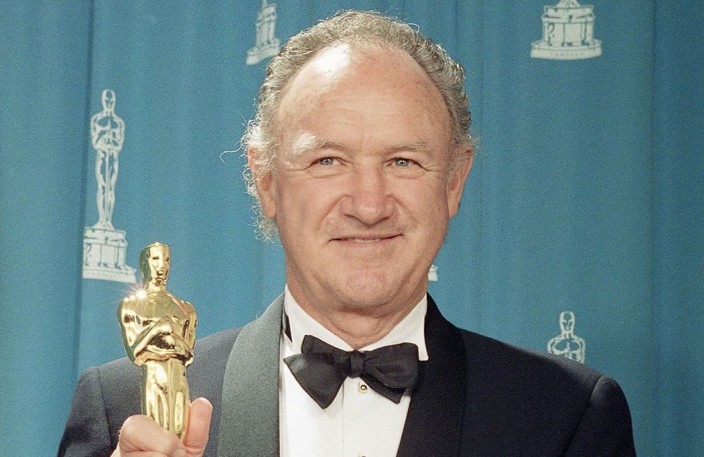







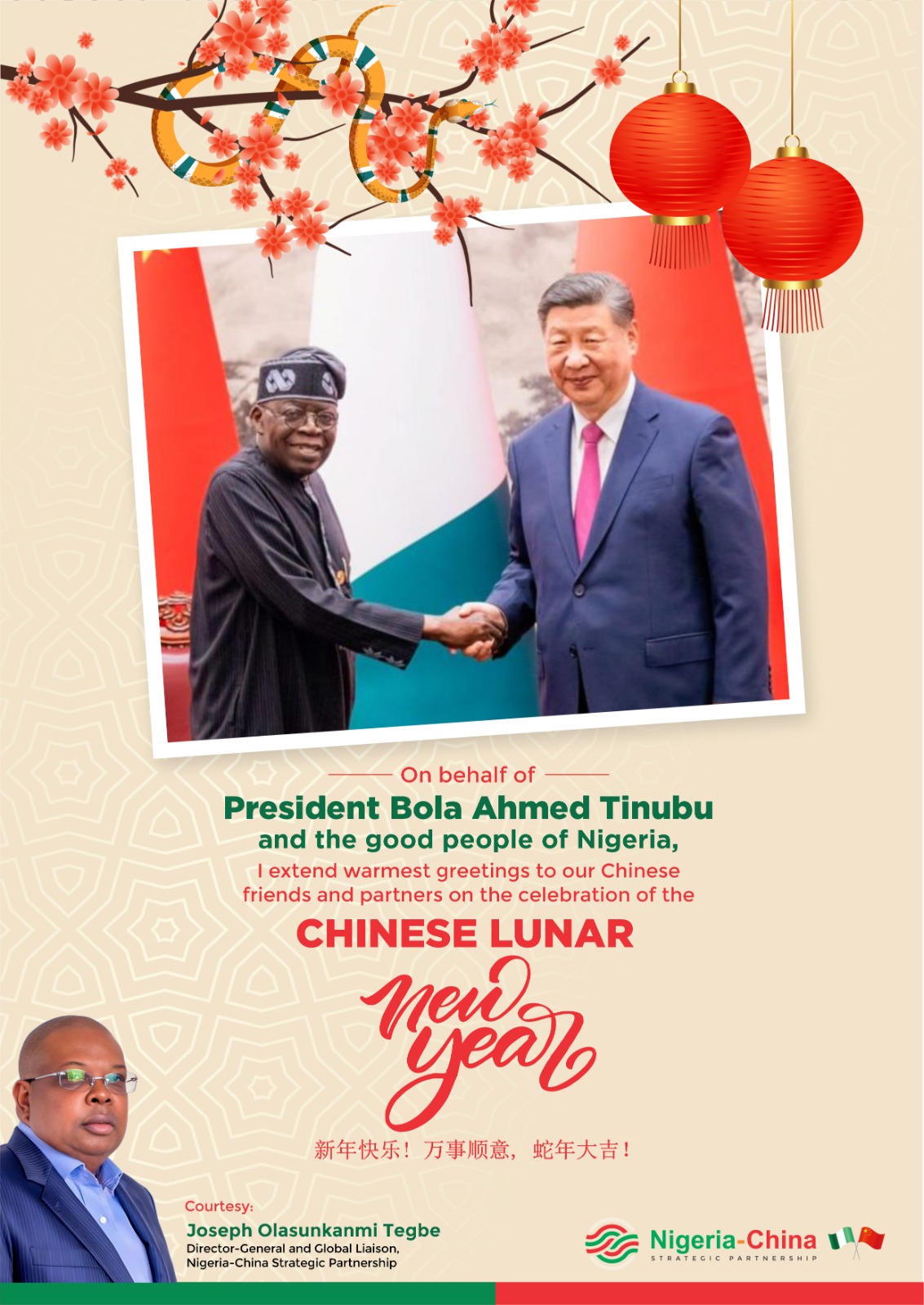
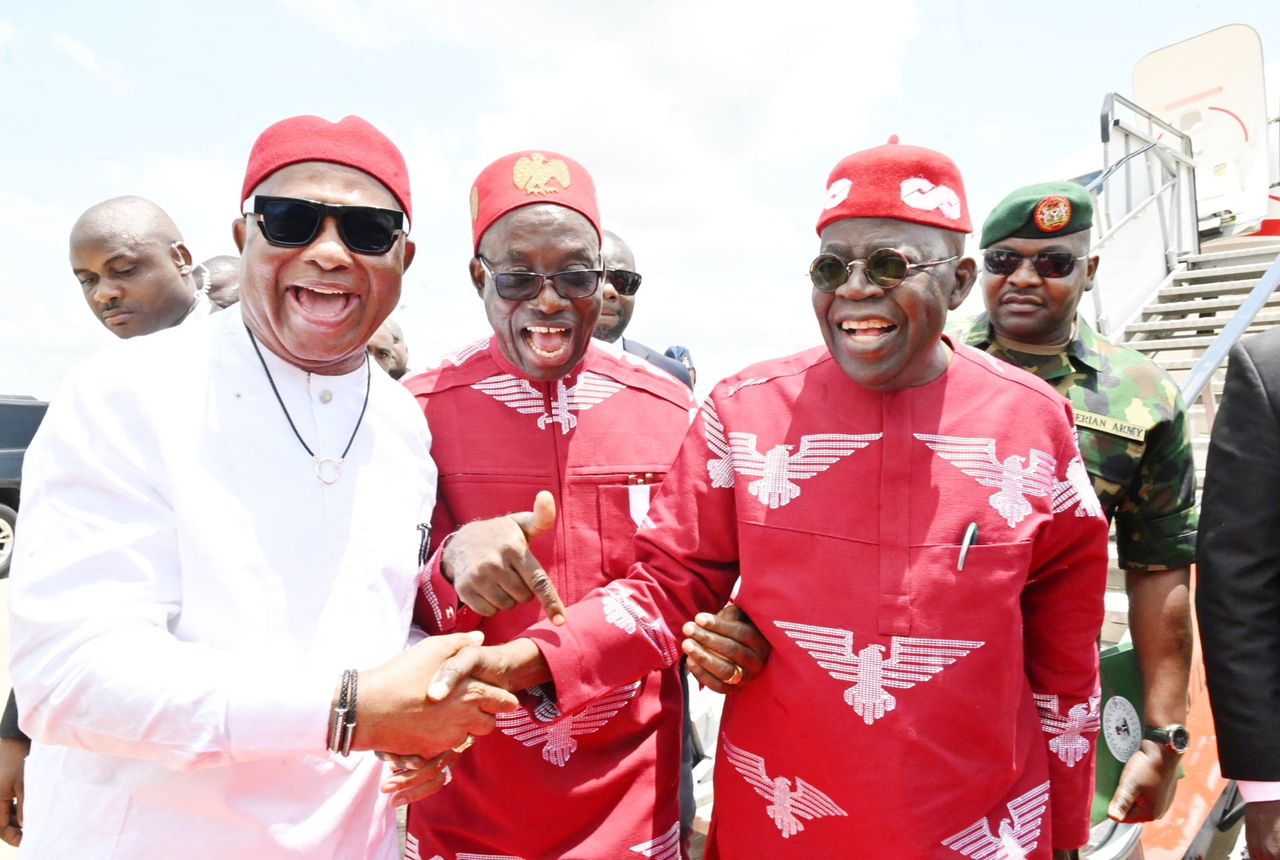
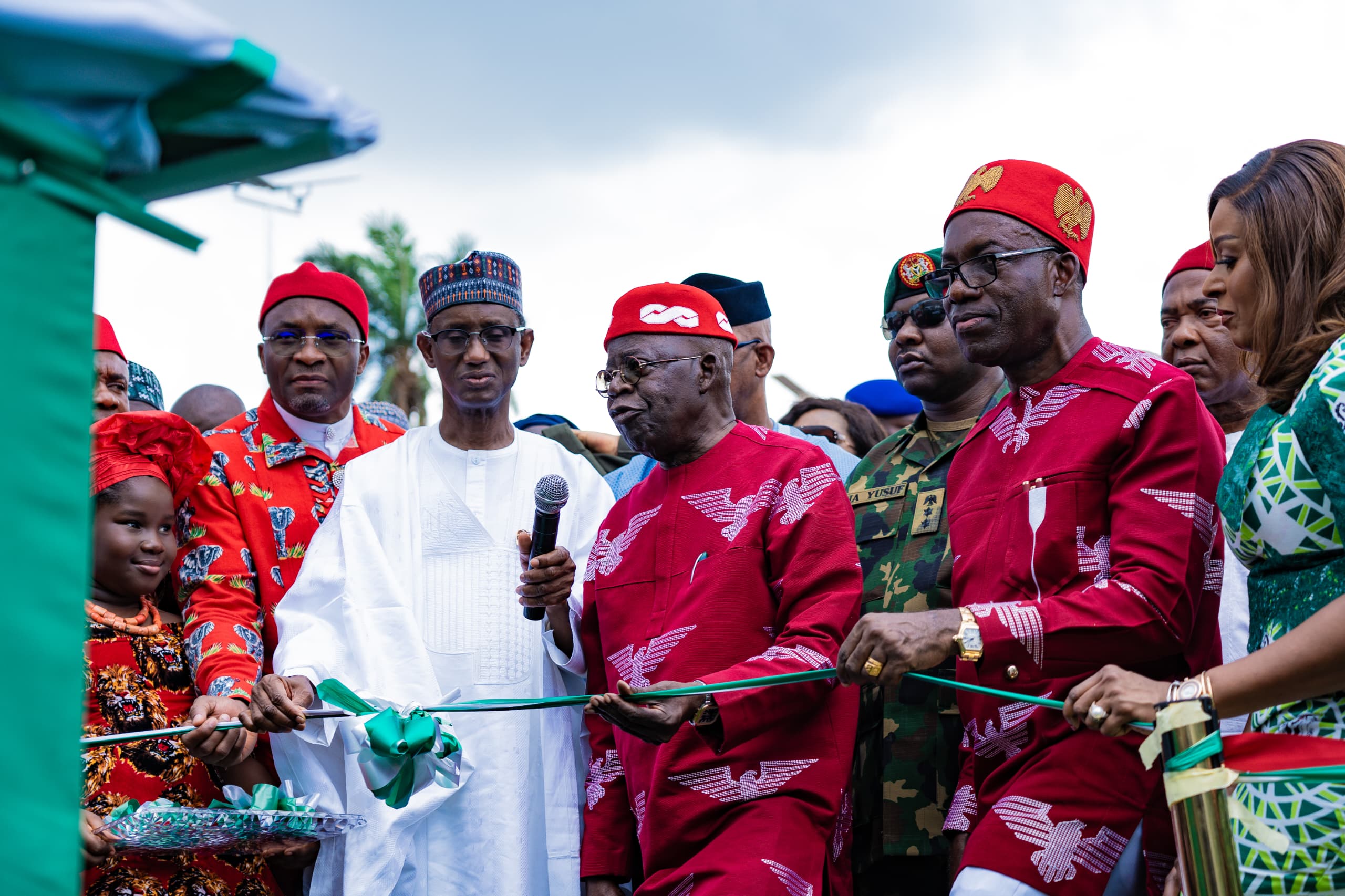

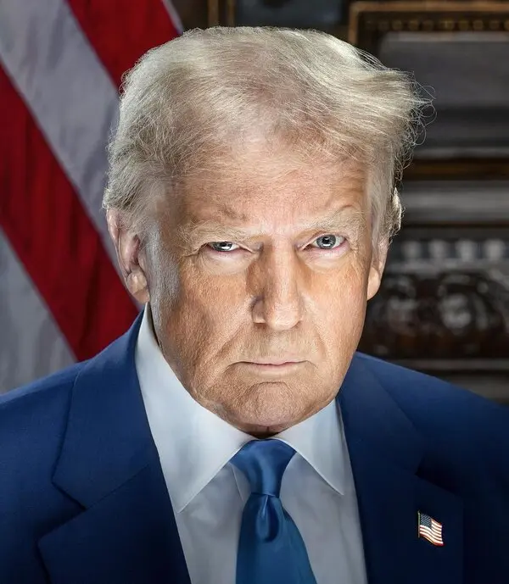
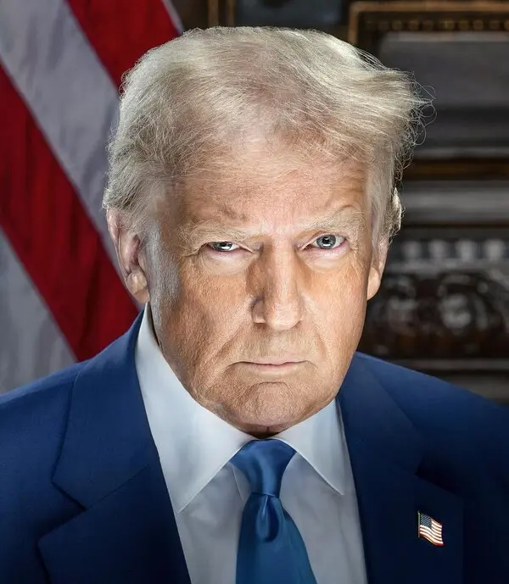
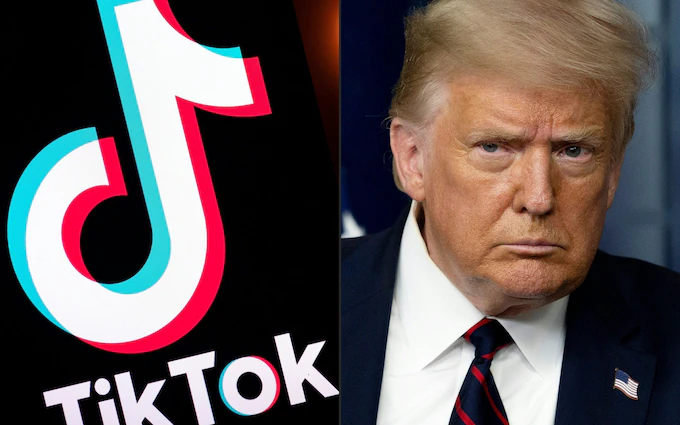
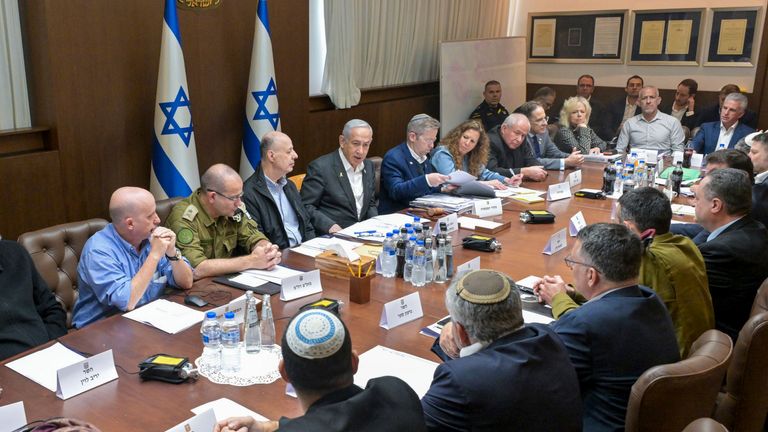
Leave a Reply